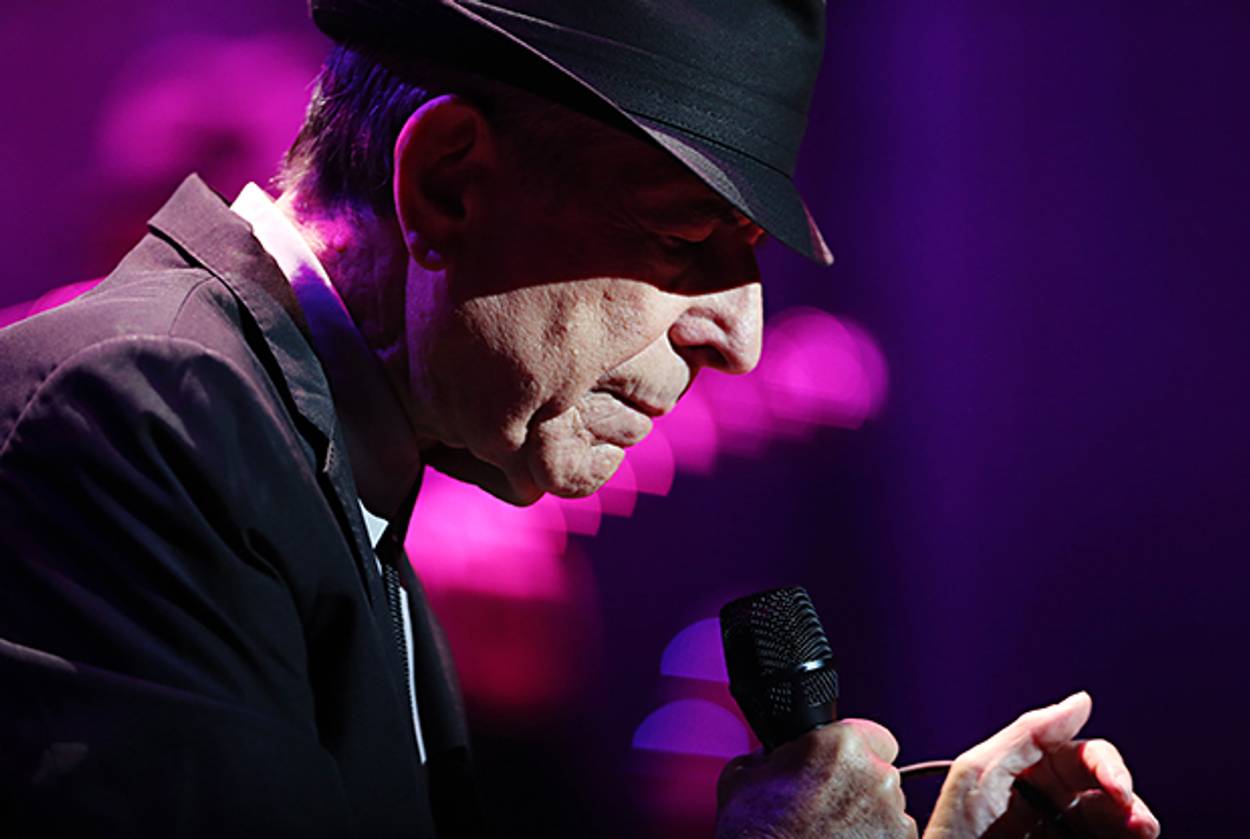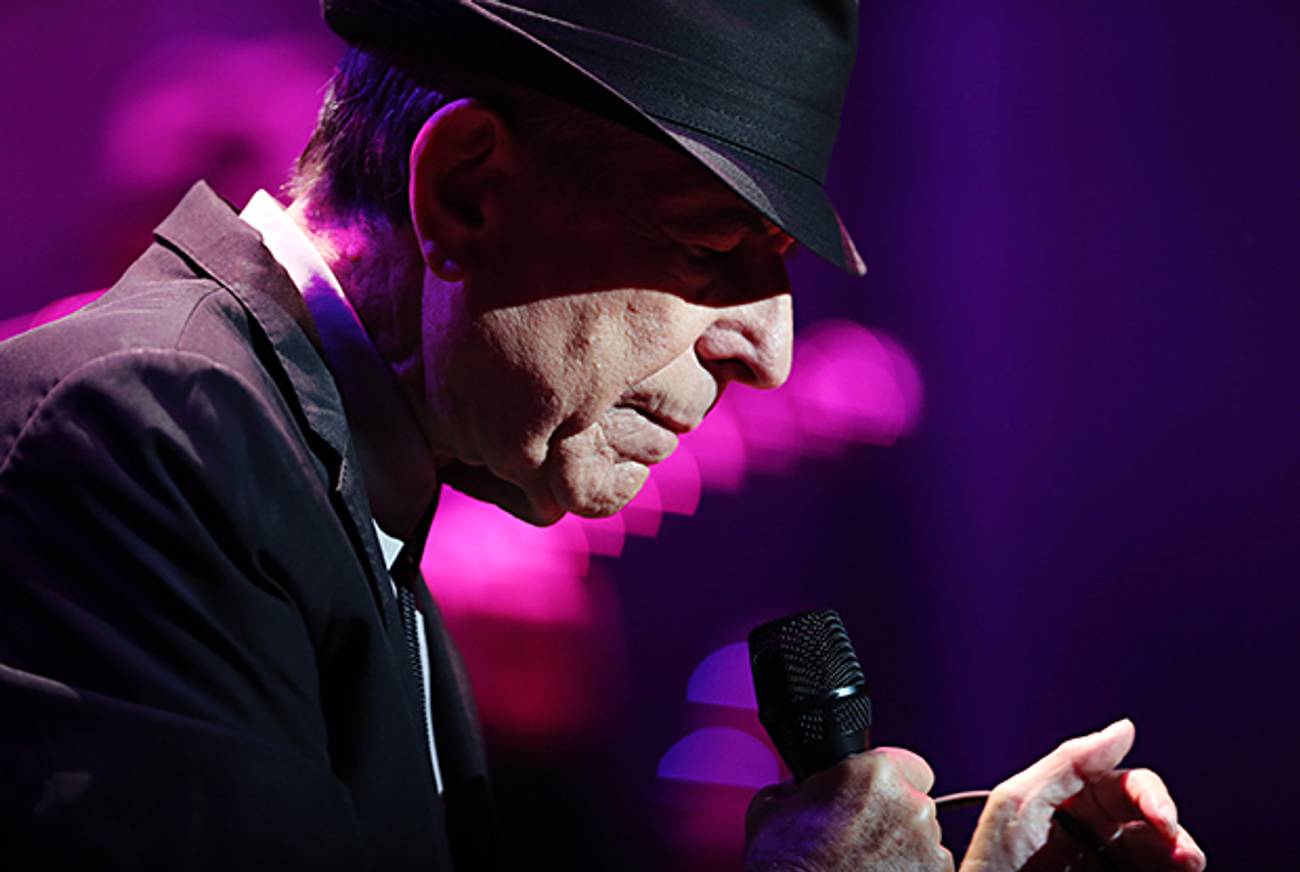A Very Broken Hallelujah
Moscow produces most insufferable cover yet of Leonard Cohen’s classic




I spent the last four years of my life writing a book about Leonard Cohen. When you devote so much of your time, emotional reserves, and intellectual energy to one artist, you really get to ponder the meaning of their work, which, in my case, meant focusing intensely on Cohen’s best-known song, “Hallelujah.” I interviewed the song’s producer at length, compared it to Jeff Buckley’s better known rendition, and parsed its lyrics. And while I have a lot to say about the song in my book, I don’t claim to have arrived at any definitive understanding of this masterpiece.
I’ll tell you one thing, though: I know for certain what it’s absolutely not about. It’s absolutely not about Russian oligarchs singing it for three hours straight in an effort to break the Guinness World Record for longest song ever released.
Convening Tuesday night at the behest of Moscow music producer Igor Sandler, the oligarchs—including Russia’s second-richest man, Mikhail Fridman, and a band of itinerant billionaires—belted out the tune for 180 minutes on end. They were joined by a chorus of 5,775 singers, the number symbolizing the upcoming Jewish calendar year as well as assaulting Cohen’s original intent, a subtle interpretation that opted for a small choir of ordinary people to send the message that this was an everyman’s hallelujah.
According to its producers, the song will “support Jewish identity, promote Jewish life, Jewish values and traditions.” Maybe so. But they will not be Cohen’s values, the profound and time-honored wisdom inherited from the Hebrew prophets, the quiet and meaningful soundtrack to so many of our lives. Nothing that drones on for three hours can ever be a hallelujah.
Previous: St. Leonard, Live
In Defense of Sandler’s “Hallelujah”
Related: Leonard Cohen’s Long, Strange, Sometimes Tortured Road to Mastering His Own Sound
Liel Leibovitz is editor-at-large for Tablet Magazine and a host of its weekly culture podcast Unorthodox and daily Talmud podcast Take One. He is the editor of Zionism: The Tablet Guide.